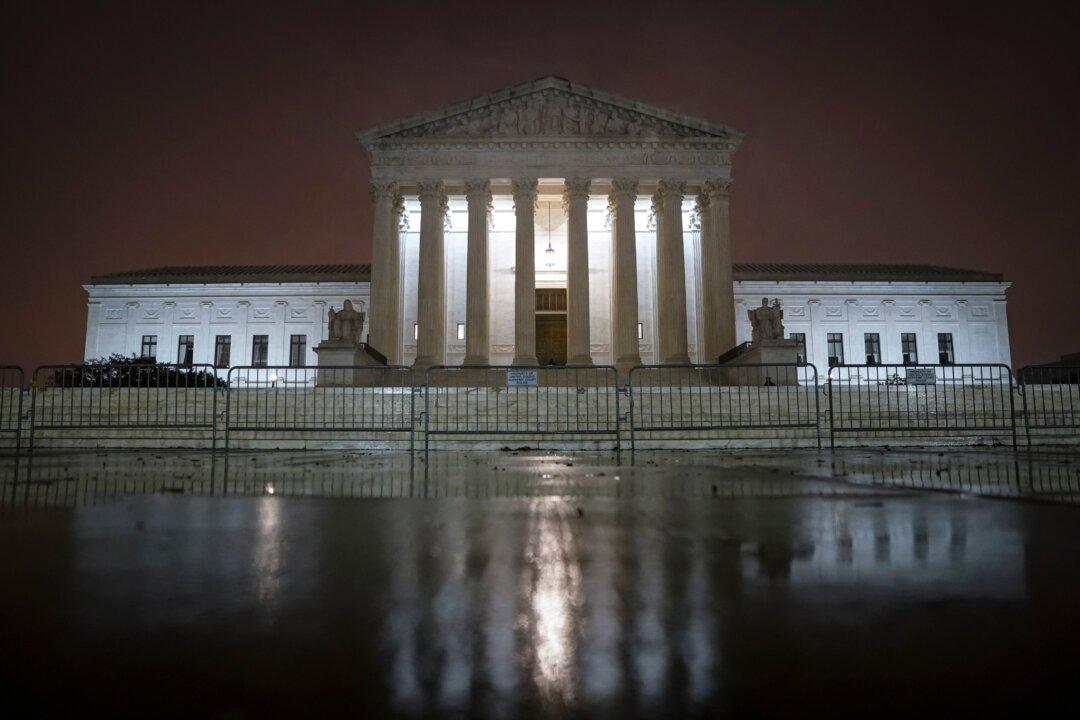The Supreme Court on Oct. 26 refused to reinstate a lower court order that called for counting mailed ballots in Wisconsin even if they are received up to six days after Election Day.
The 5-3 ruling is a victory for Republicans, who argued that there are plenty of ways to cast a vote by Nov. 3 and that a court should not modify a rule adopted by a state’s elected representatives so close to an election.





